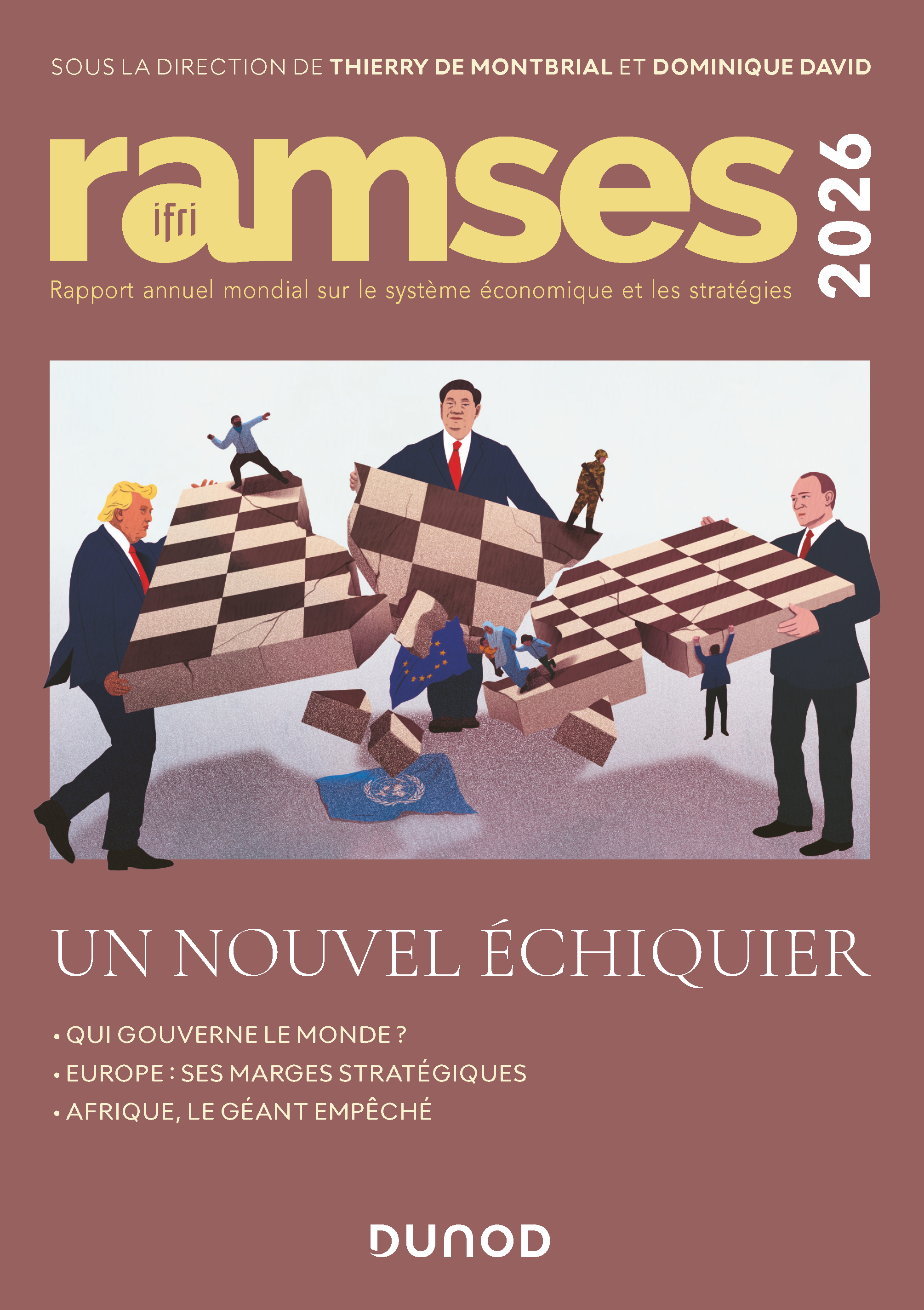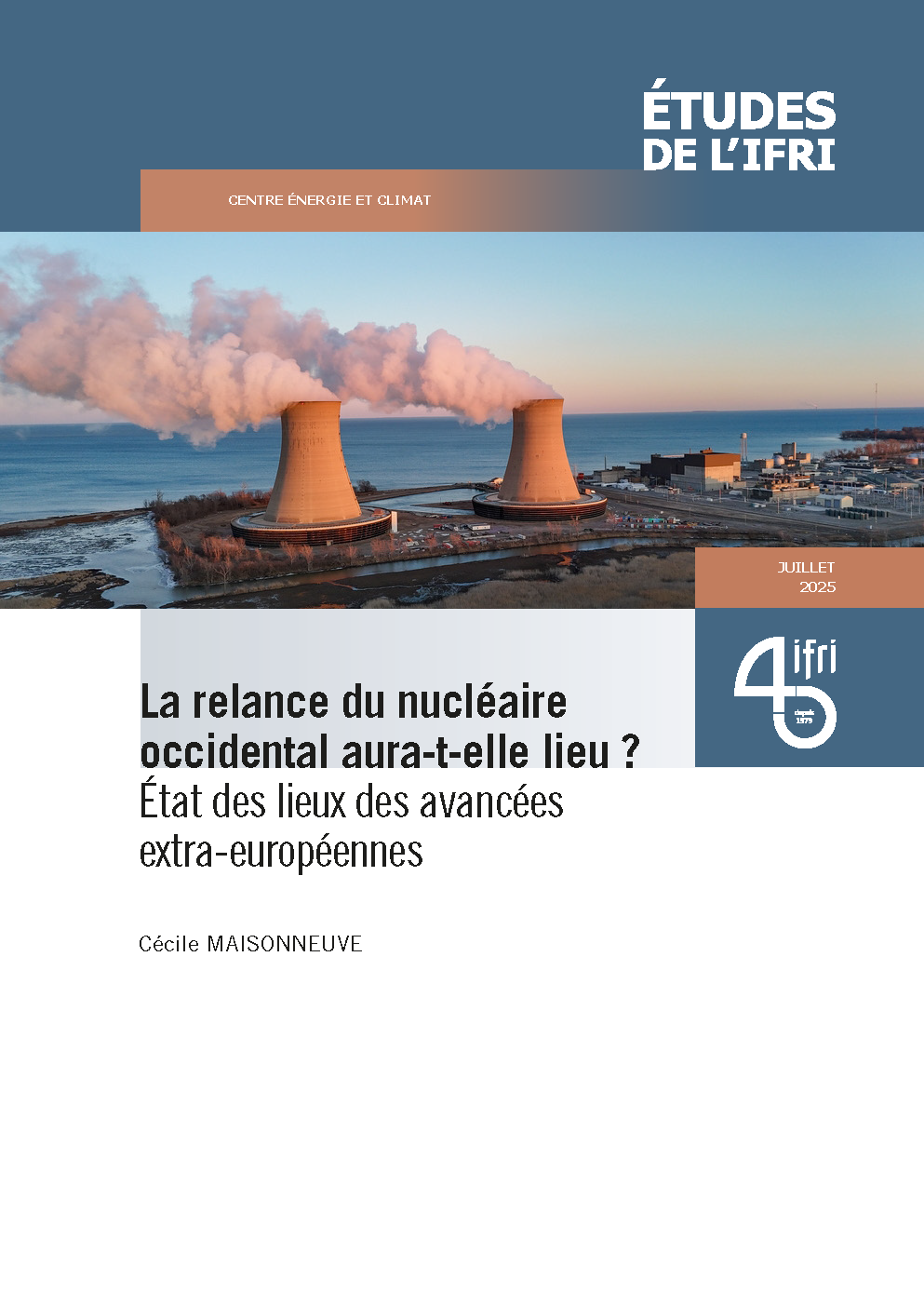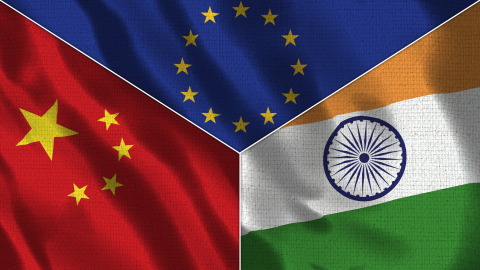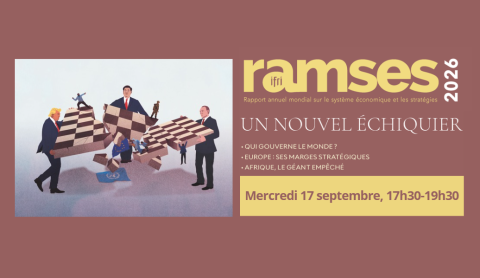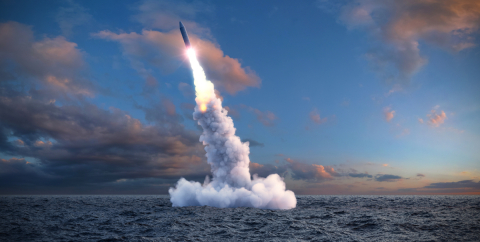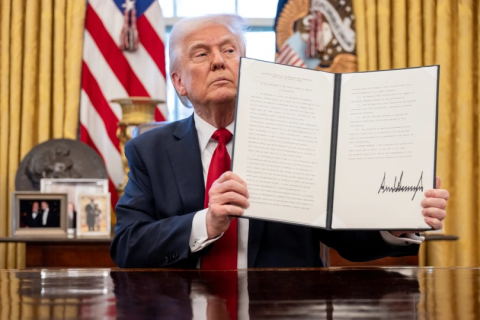Territorial Disputes in the South China Sea: What are the Risks of Conflict?
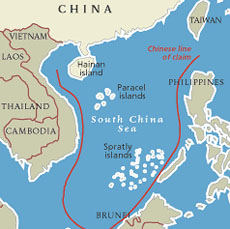
Informations pratiques
Centres et programmes liés
Ceci est un événement réservé.
En savoir plus sur nos programmes de soutienSéminaire autour de Ralf Emmers, professeur associé et coordinateur du Programme sur le multilatéralisme et le régionalisme à la S. Rajaratnam School of International Studies (RSIS) de Singapour. Parmi ses derniers ouvrages figurent : Geopolitics and Maritime Territorial Disputes in East Asia, London: Routledge, 2009. (with Sam Bateman) (eds), Security and International Politics in the South China Sea: Towards a Co-operative Management Regime, London: Routledge, 2009.
Présidence: Françoise Nicolas, directeur, Centre Asie Ifri.
Le séminaire se tiendra en anglais.
The presentation will focus on the changing distribution of power in the South China Sea and assess the implications this has for conflict management and avoidance in the disputed areas. There is a growing asymmetry of naval power in the South China Sea to the advantage of China. Southeast Asian claimants are concerned about the rapidly changing power distribution and fear that overwhelming naval capabilities could one day be used by the People's Republic of China to resolve the sovereignty question militarily. The presentation will therefore examine how the Southeast Asian nations have sought, with some success, to manage the unequal power distribution in the South China Sea through the activities of the Association of Southeast Asian Nations (ASEAN) and its model of conflict management and avoidance. It will assess the risks of conflict in the short to medium term and offer a way forward.
Intervenants
Autres événements

De l’Alaska à Washington : la paix est-elle désormais plus proche en Ukraine ?
Un brief de 30 minutes autour de Tatiana Kastoueva-Jean, Directrice du Centre Russie de l'Ifri
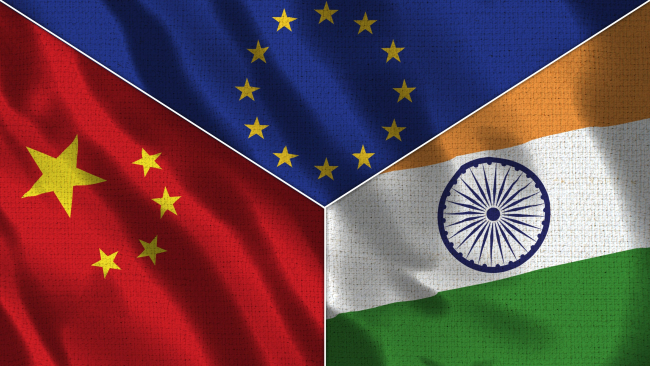
La reconfiguration du triangle Europe-Inde-Chine à l’aune de l’administration Trump 2
Un déjeuner-débat autour de Sylvia Malinbaum, chercheuse et responsable de la recherche sur l'Inde et l'Asie du Sud au Centre Asie de l'Ifri et

Un nouvel échiquier. Présentation du Ramses 2026
Un échiquier mondial haché par les vertiges de puissance. Un spectre hante le monde : la fragmentation - après des décennies chantant l'ouverture et l'unification sous le signe du progrès technique et de l'accélération des échanges. On passerait ainsi d'un espace mondialisé à un espace haché, émietté en égoïsmes nationaux, intérêts égoïstes insoucieux des autres, effaçant au passage l'espoir d'une gouvernance faisant écho aux intérêts communs d'une humanité unie.


